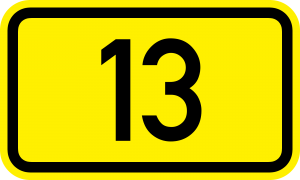
Chapter 13 Bankruptcy and Tax Debt
Chapter 13 bankruptcy is a repayment plan approved by the court.While the filing may not allow for elimination of all outstanding taxes owed, you may be able to discharge some of the debt at the end of your case. Chapter 13 can help you repay tax debt within 3 to 5 years depending on the length of your repayment plan. Tax debts are classified as either being a priority or non-priority debt.
After all secured and priority debts are paid, non-priority tax debt is paid. Non-priority taxes may be paid with other non-priority debt such as credit card debt . With non-priority tax debt you may be required to pay a certain percentage of the entire amount due.
So What is Considered Non-Priority Tax Debt?
- Income tax debt that is not for federal or state taxes.
- Taxes past due by 3 years or more.
- Taxes for a return you filed 2 years prior to your filing.
- Accessed taxes that were reviewed by the Internal Revenue Service (IRS) 240 days prior to your filing.
- Taxes not considered part of tax evasion or fraud.
With priority tax debt, the IRS has to accept your payment amount when it is approved by the court. This allows you to make affordable payments to the IRS throughout the course of the bankruptcy. Plus, you may be able to pay priority taxes with little or no interest.
Priority taxes that would be paid during your bankruptcy include:
- Tax liens: You may be required to pay the full amount since it is seen as a secured debt.
- Property taxes incurred recently before you filed.
- Taxes that should be withheld or collected such as FICA or Medicare.
- Employment taxes or excise tax.
- Non-punitive tax penalties that incurred within 3 years of your filing.
Need Assistance About Chapter 13 Bankruptcy and Tax Debt?
If you have any questions regarding tax debt and bankruptcy let us know. You can submit your questions or set up a free consultation here or give us a call.
Reference: